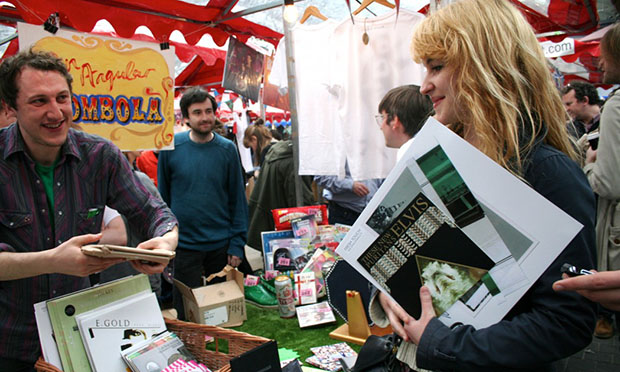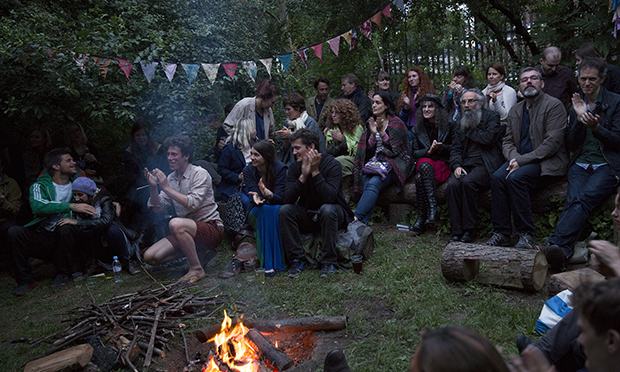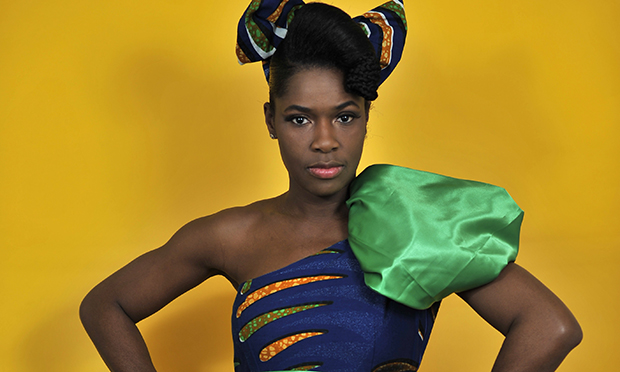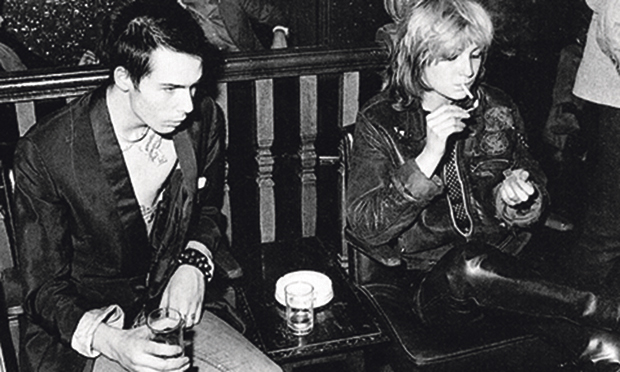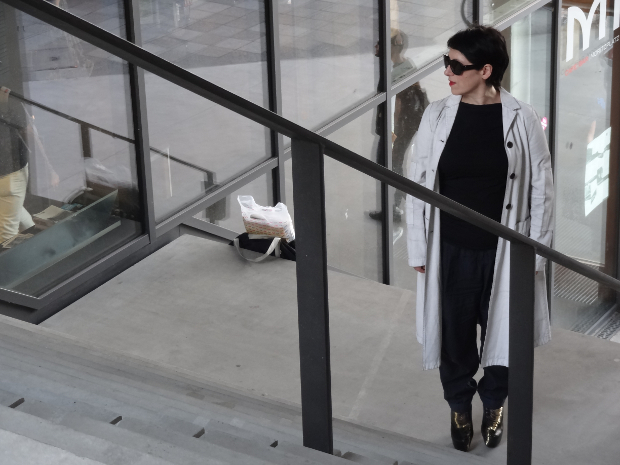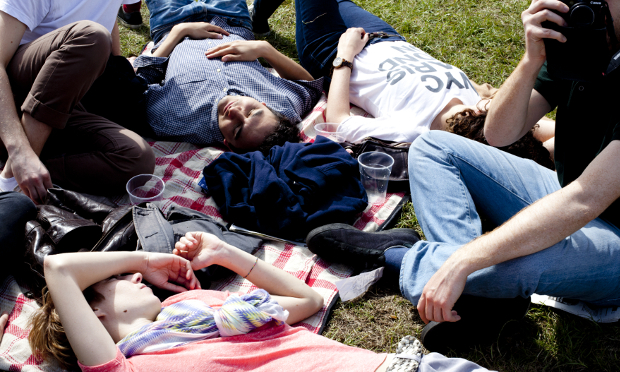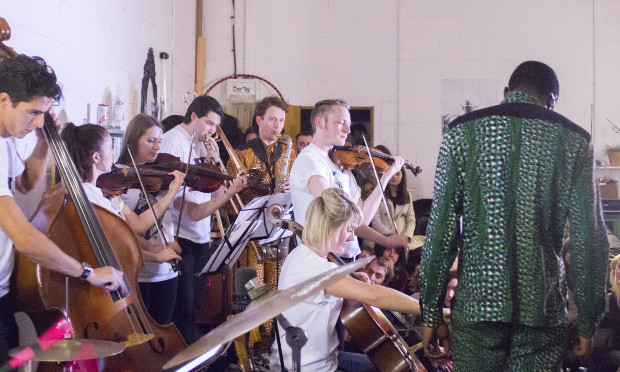Dolan Bergin / Electric Minds
Has your East London location played a part in the story of your label? Would your label be the same if you were based elsewhere?
Very much so as until very recently I lived in East London for the last 10 years. The label started shortly after a series of warehouse parties I produced in and around Dalston, Shoreditch some years back, so I think it was a reflection of the music that was being played at the time.
How has the independent landscape changed in London since you started the label?
When it comes to the parties / events / festivals so many people have set up their own independent version which I think is something that’s always happened in London. There are so many different scenes that evolve so quickly that it’s part of London’s personality to have many independent parties and labels.
Quinton Scott / Strut
What do you think about the music scene in East London – has this had any impact on the kind of acts you sign?
Strut started life in Shoreditch back in 1999 when it was a particularly influential hub for music – there was a very strong and varied music scene within the clubs and labels based there. The guys at Nuphonic Records were our landlords and their album projects with people like Faze Action and Femi Kuti complemented our early Afro and disco compilations. It was an inspiring time to be there during the heyday of the Blue Note and the 333 too.
What kind of benefits do you see from taking part in the Market?
Loads of benefits – it’s great to talk to customers face to face, it’s a lot of fun and it’s often one of the few times in the year we get to see some of the other labels and have a catch up. We also generally sell a lot each time we’re there. For me, it’s a really good barometer for the label overall. You get to compare your wares with the other stalls and get a good feeling for what you’re doing right and what you could be doing better.
Dom Mentsh / Greco Roman
Has your East London location played a part in the story of your label? Would your label be the same if you were based elsewhere?
We never were meant to be a label just a party, and our first ever one was in Belfast Road in Stoke Newington – so I suppose in that way it the East has played a massive role. The label has been until that last 6 months located between East London and Berlin.
What would you recommend for people wanting to start their own label?
Enjoy the process, it’s much more complicated than you imagine. We have learned so much and continue to do so.
Adrian Hughes / !K7
How has the independent landscape changed in London since you started the label?
Over the last ten to fifteen years the London landscape has changed dramatically. Independent distributors and record shops have closed left right and centre and the internet has been the primary reason behind this as people can get whatever music in whatever format they want at the touch of a button. From a clubbing perspective I think it’s fair to say that there are far less medium size and large branded clubs programming quality line-ups (The Cross, Turnmills, The Key, Cable and many others have all closed). These have been replaced by promoters working in different non-fixed locations – primarily East London warehouses.
What kind of benefits do you see from taking part in the Market?
We get to catch up with friends in the business and get a snapshot of the whole independent sector under one roof. It’s also great to roam around all the stalls and be inspired by the creativity and incredible range of music being represented. There is a real feeling of unity in the air throughout the whole day and plenty of opportunity to swap records!
Leo Belchetz / Fabric & Houndstoouth
Has your East London location played a part in the story of your label? Would your label be the same if you were based elsewhere?
The mixes we release on the fabric label are representative of the music played at the club, so whilst the music comes from a huge range of international artists, it is rooted in what has been going on underneath the streets of Farringdon every weekend for almost 15 years…
What would you recommend for people wanting to start their own label?
Be prepared to work hard and play hard! You have to be an expert at a million things – it’s as much sales spreadsheets and marketing meetings as it is late nights and backstage passes!
Tom King / No Pain in Pop
What do you think about the music scene in East London – has this had any impact on the kind of acts you sign?!
It definitely has – we often book acts for shows before we sign them, or get recommendations/introductions to friends of friends etc. – but I enjoy working more with artists who create their own personal world through their music than with those who fit in stylistically or geographically with other acts. Having said that, nothing beats being able to hit the red wine with someone who lives 10 minutes walk away and you’re working with.
Bullion / Deek
The Independent Label Market at Spitalfields seems to keep growing – what is it about independent labels that makes people so loyal?
I imagine it’s just a bit closer to the ground people actually walk on. People know there’s a slightly stronger chance they’ll get something interesting to hear through an independent.
Saturday, 12 July 2014, 11:00am – 6pm, Free Entrance, Old Spitalfields Market, 16 Horner Square, Spitalfields, E1 6EW
www.independentlabelmarket.com
www.oldspitalfieldsmarket.com/events
www.facebook.com/oldspitalfieldsmarket
@oldspitalfields
